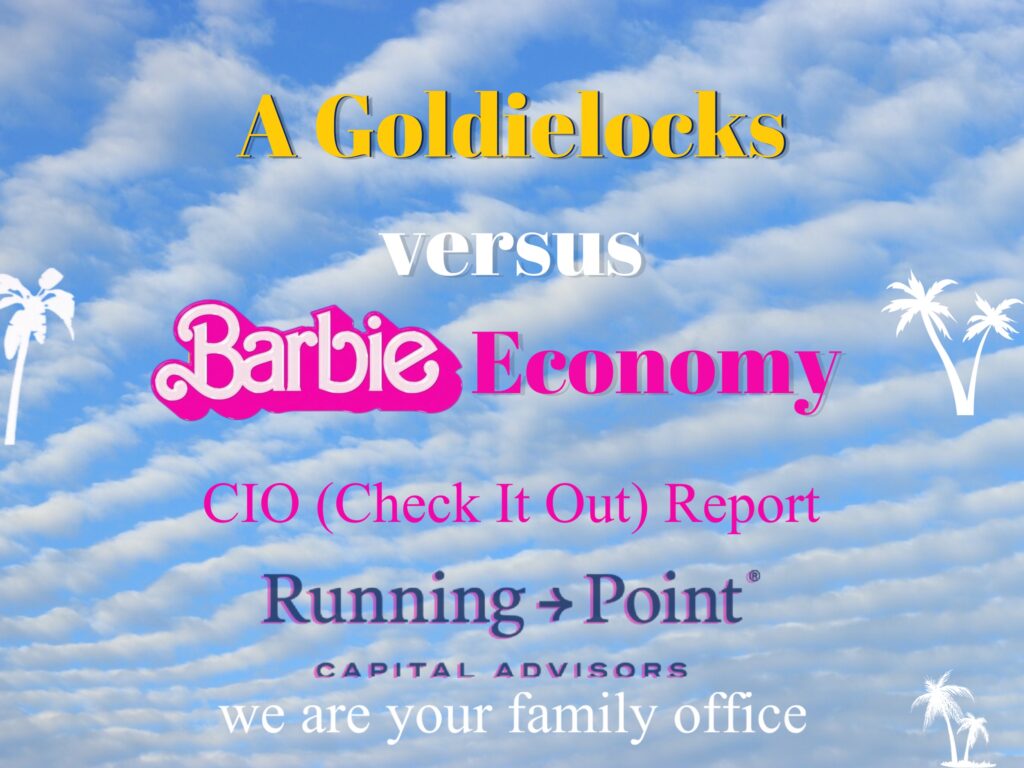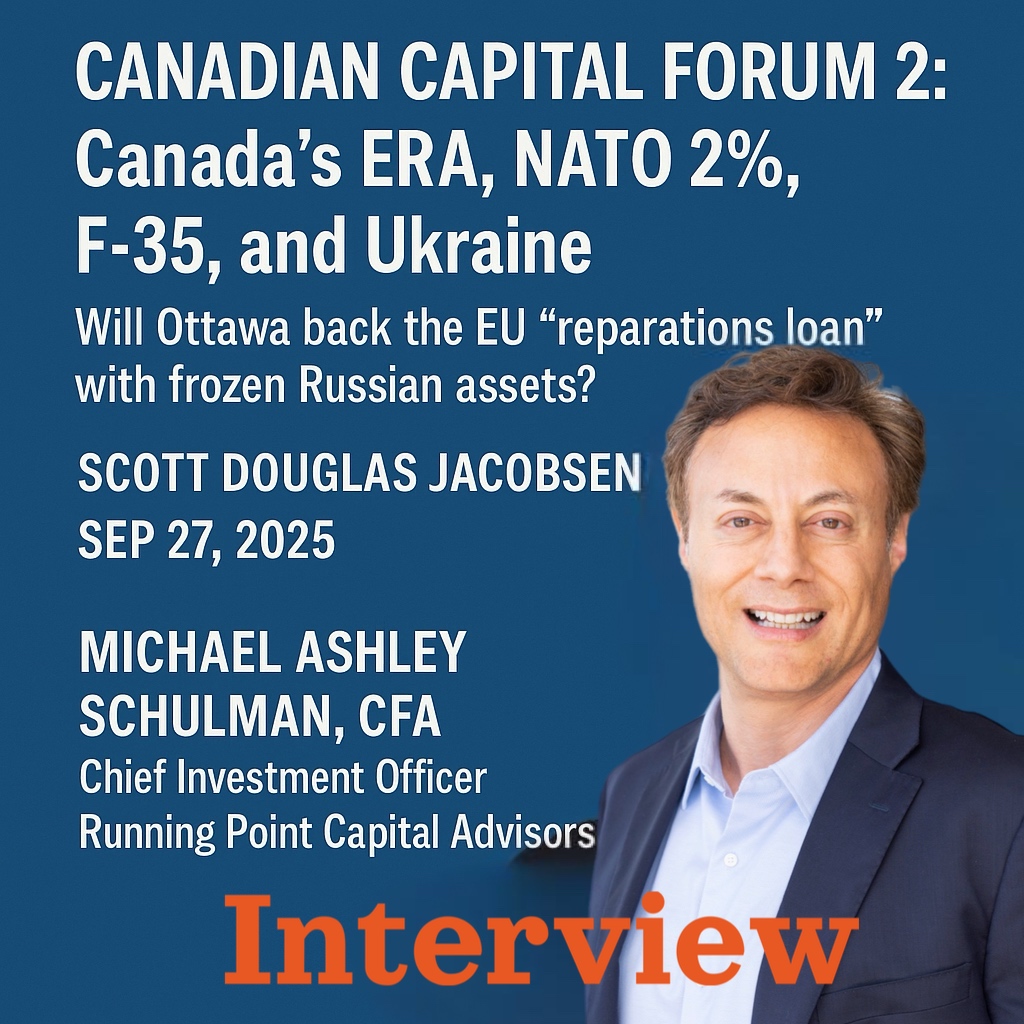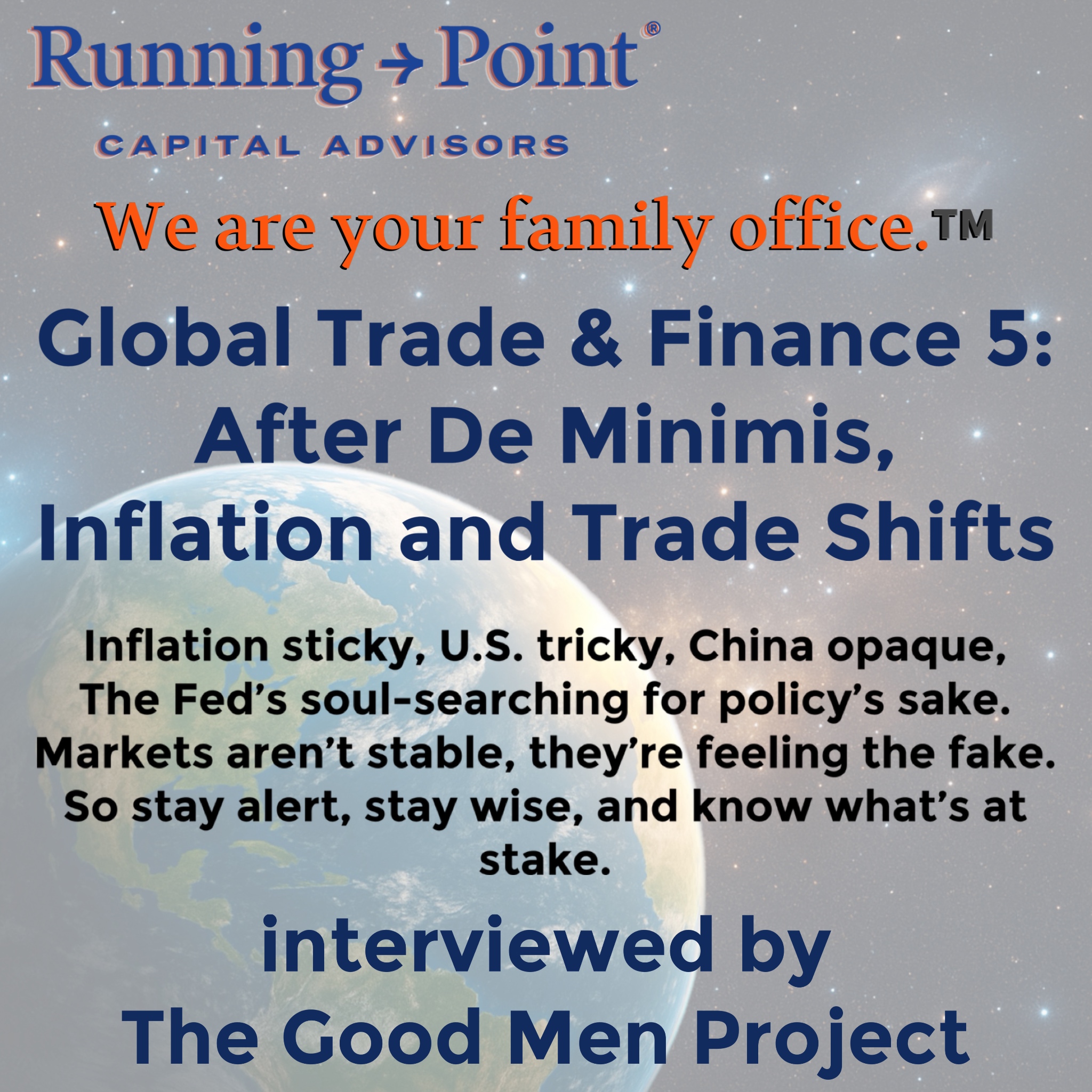Michael’s CIO (Check-It-Out) Report — events, sarcasm, and global macro reflections
July 19, 2023

THEME: A Goldilocks versus Barbie Economy
“It is the best day ever. So was yesterday, and so is tomorrow,”
~Margot Robbie as Barbie
While Goldilocks and Barbie share critical elements of storytelling, emotion, and empathy, sharp descriptive economic differences remain😏
THE GOLDILOCKS ECONOMY is an ideal balanced economy, where growth is neither too hot, nor too cold, but balanced “just right”. It is where the economy experiences steady growth in production and services, low inflation, low unemployment, and moderate interest rates⚖🤹🏽
The growth rate is strong enough to support job creation and investment, but not so rapid that it leads to overheating and inflationary pressures. Unemployment is low, indicating a healthy labor market with a sufficient number of job opportunities. Inflation remains moderate, allowing for stable prices and purchasing power. Additionally, interest rates are typically at a moderate level, promoting economic activity without excessive borrowing costs.
THE BARBIE ECONOMY, on the other hand, is one where economic and financial indicators are blown out of proportion; some measures like inflation and housing are too hot, other indicators like debt, credit, and office buildings are too cold, and much of it seems bizarre or fictional (inverted yield curves, wars, pandemic viruses, and extreme global politics), but somehow it all works out😁—For the last nine months, we have been in this disproportionate Barbie world💃🏽
In the Barbie economy, everything strives to be picture-perfect, glamorous, and aspirational. It represents an economy that is driven by consumption, social media glamorization, and a focus on material possessions and you only live once (YOLO) experiences. In this imaginary/hypothetical economy, people strive for a luxurious/perfect lifestyle, leading the latest trends, and indulging simultaneously in constant saving and continuous spending. The Barbie economy may be characterized by high levels of consumer debt, a reliance on credit, and a culture of instant gratification. While it may initially appear attractive and exciting, the Barbie economy can be vulnerable to economic instability and excessive debt burdens.
GL🌍BAL BIZNOMIC$
Not Artificial Growth: The U.S. economy continues to grow, powered by services and experiences consumption—travel, tourism, live events—business outlays on software, data, digital services, and artificial intelligence, and an uptick in residential construction💪🏽
Kenergy, that Ken do attitude: Federal Reserve chairman Jerome Powell has that can-do⚡attitude in his attempt to stem inflation (or die trying). Expect the Fed to raise rates 0.25% (25 basis points) at their next meeting because they are “fed up” with inflation that remains above their 2% target—A strong U.S. economy emboldens the Fed to tighten policy further
“Ideas live forever”: Even with banking disasters here and abroad—Silicon Valley Bank, Credit Suisse, Signature Bank, and First Republic—the first six months of 2023 didn’t build towards recession, rather, the market adjusted to financial shocks and we are now normalizing into a higher interest rate world—Going forward, the pace of debt refinancing and bankruptcies depends on the lag effects of an inverted yield curve and higher interst rates—Smart private credit funds that can take advantage of this environment seem attractive
Getting real: Real personal income (including wages and salaries, interest income, dividends, rental and personal business income, Social Security benefits, unemployment insurance, VA benefits) is up over the last 12 months in the U.S.—👨👩👧👦This means that consumer income is outpacing inflation; of course, rising employment also helps increase consumer income
Life in Plastic: Consumer spending has reached levels comparable to any point in the past two decades (excluding the extreme pandemic period)—😊This hints at no immediately impending recession which is something we also mentioned in our January report—💳Also, Mastercard, Visa, and American Express are all up more than the S&P500 Index over the last 5 years and 1 year
StayFlation: Even though energy prices are down and food inflation has largely tapered out, inflation has not changed much in half a year: the Fed’s favorite core PCE price index is at 4.6% and core services inflation is near 5.4%. European core inflation also remains high—We maintain our “stayflation” call, that inflation will remain with us for a while, probably in the 3% to 4% range unless there is a major recession. However, as mentioned above, recession is not inevitable; business continue to spend and wages continue to grow
Higher rates: The restart of student loan interest payments and elevated credit card debt service costs will temper consumption later this year, but fixed rate mortgages insulate U.S. households from most of the pain of higher rates and overall, consumers are underleveraged relative to their employed numbers
Crystal Ball: Historically, equity markets have not anticipated recessions. Typically, you do not see equities reach their lowest point until recession is upon us, unemployment claims rise, and earnings are revised down—However, equity markets have historically led the economy out of recession; i.e., they’ve moved up ahead of economic indicators🔮
Dead reckoning: Successfully ending Russia’s war in Ukraine would be a huge boost to the global economy—hopefully it is not missionimpossible—expect the war to last at least another winter🥶as Ukraine only has two more months to make gains before October frost starts
European Barbie: The euro zone economy is operating near capacity, unemployment is near all-time lows, and inflation remains high—Expect the European Central Bank to raise rates📈
Red: After nearly three years, the Chinese government is shifting policies on tech companies from restrictive to supportive in order to aid growth and strengthen them for the global stage. Foreign direct investment (FDI) flows into China have slowed and real estate debt remains burdensome—“Wow! This is the real world. What’s going on?”—Big picture, Beijing needs stronger stimulus to prod its plodding economy out of its post-pandemic quagmire of weak foreign and domestic demand
CONTENT
Pretty in Pink: Barbie’s 2022 global gross revenues were $1.5 billion. Expect more in 2023 as over 100 brands collab—Gap, Hot Topic, Pac Sun, Forever 21, Aldo shoes, Crocs, Fossil, Primark, and Bloomingdales have apparel partnerships, as well as X-Box, OPI nail colors, Kitsch and Hally hair accessories, Pinkberry fro-yo, a Burger King pink burger in Brazil, Joybird couches, a Barbie Ruggable Collection—Barbiecore is a cultural moment🩰
I dream of GenAI: Advances in generative artificial intelligence (AI) are supporting a tsunami of venture led tech startups🌐creating new molecules and drugs🧬, designing new products, powering new services, and developing large language models (LLMs) like OpenAI, Cohere, Mistral AI, Adept, Anthropic, and Google’s PaLM 2 LLM)—don’t call it a Palm Pilot just yet😉
PERSONAL
PPLI/PPVA: In May, Running Point hosted a successful Southern California Private Placement Life Insurance & Private Placement Variable Annuity Forum sponsored by Prudential Financial, Charles Schwab, Golub Capital, Ares Management Corporation, Silverview Credit Partners, GoldenTree Asset Management, Donfeld Insurance Services, The Leaders Group, and Spearhead Administrative Services—PPLI is a tax mitigation, wealth accumulation, and estate planning strategy
Quotes: Over the last few months, we have been quoted by Reuters, U.S. News & World Report, CNET, The Food Institute, CBS News, USA Today, Forbes, Fortune and others regarding corporate earnings, artificial intelligence (AI), gold, homebuying, brand loyalty, banks, soda, food, beverages, investment philosophy, inflation, and more
Make it a great week😊
Michael
~~~
Michael Ashley Schulman, CFA
Partner & Chief Investment Officer
Running Point Capital Advisors, your family office
“We deliver custom investment solutions, family office services, innovations, and unique perspectives to you and your family—we are your family office—you can emphasize your enjoyments, priorities, and legacy.”
Disclosure: The opinions expressed are those of Running Point Capital Advisors, LLC (Running Point) and are subject to change without notice. The opinions referenced are as of the date of publication, may be modified due to changes in the market or economic conditions, and may not necessarily come to pass. Forward-looking statements cannot be guaranteed. Running Point is an investment adviser registered with the U.S. Securities and Exchange Commission. Registration does not imply a certain level of skill or training. More information about Running Point’s investment advisory services and fees can be found in its Form ADV Part 2, which is available upon request. RP-23-69


